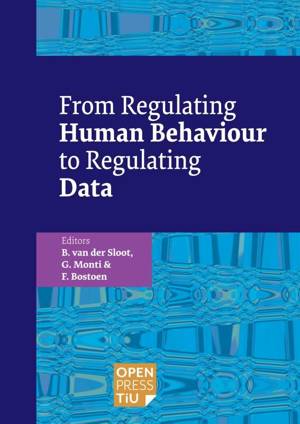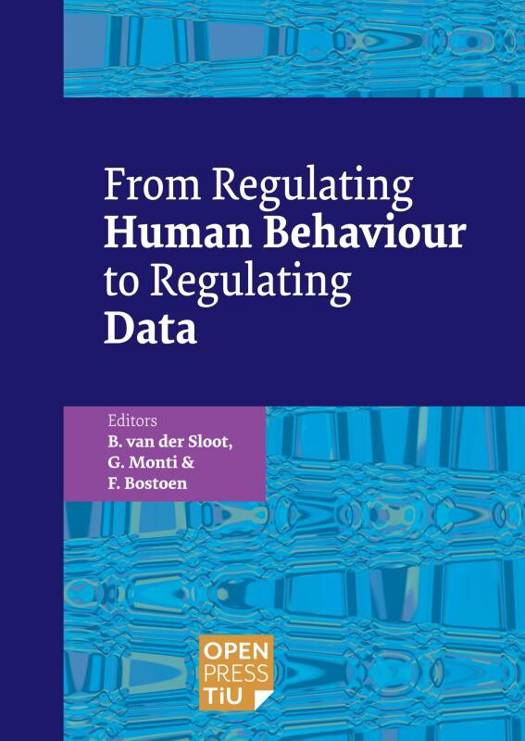
- Afhalen na 1 uur in een winkel met voorraad
- Gratis thuislevering in België vanaf € 30
- Ruim aanbod met 7 miljoen producten
- Afhalen na 1 uur in een winkel met voorraad
- Gratis thuislevering in België vanaf € 30
- Ruim aanbod met 7 miljoen producten
Zoeken
€ 16,52
+ 33 punten
Omschrijving
Classically, regulation targets human behavior. In an era of Big Data, artificial intelligence, and robotics which shape and sometimes even replace human behavior, however, the classic regulatory paradigm is challenged in fundamental ways. This research program aims to map, understand, and – to the extent possible – help shape the shift from a human-centric regulatory paradigm to a data-centric regulatory paradigm. This project recognizes the importance of human behavior and human decision-making, but challenges the assumption that regulation should continue to primarily be focused on facilitating adequate human decision-making. Rather, the shift towards automated decision-making—with its conflation of norm-setting and norm-enforcement—may require a more fundamental rethinking of the regulatory paradigm.
To this purpose three research lines are pursued focusing on key elements of regulation shifting from a human behaviour and human relations to data relations and the behaviour of data systems:
• how rules can be formulated and enforced,
• which concepts can be used in regulation, and
• and which values are vital.
To this purpose three research lines are pursued focusing on key elements of regulation shifting from a human behaviour and human relations to data relations and the behaviour of data systems:
• how rules can be formulated and enforced,
• which concepts can be used in regulation, and
• and which values are vital.
Specificaties
Betrokkenen
- Auteur(s):
- Uitgeverij:
Inhoud
- Aantal bladzijden:
- 304
- Taal:
- Engels
Eigenschappen
- Productcode (EAN):
- 9789403773148
- Verschijningsdatum:
- 28/03/2025
- Uitvoering:
- Paperback
- Afmetingen:
- 170 mm x 240 mm
- Gewicht:
- 581 g

Alleen bij Standaard Boekhandel
+ 33 punten op je klantenkaart van Standaard Boekhandel
Beoordelingen
We publiceren alleen reviews die voldoen aan de voorwaarden voor reviews. Bekijk onze voorwaarden voor reviews.







